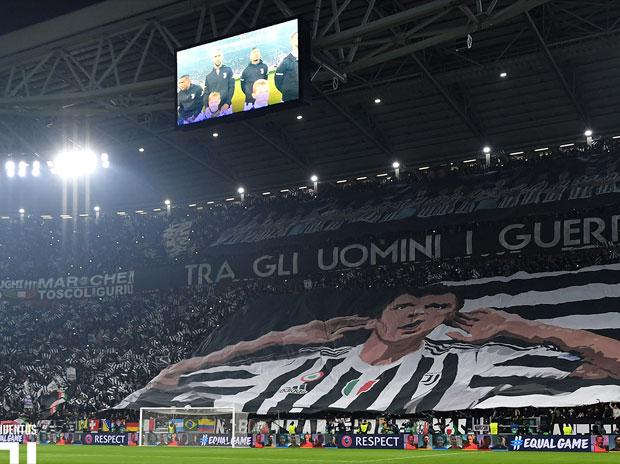Over the past decade, media investigations and research have uncovered an unseemly lack of virtue within the industry
Football could be considered Italy’s most popular sport, with world-class teams worth billions attracting a dedicated following across the country. But more than that, football shapes the nation’s collective identity, bringing people from the smallest village to the biggest city together in their love for “the beautiful game”.
But over the past decade, media investigations and research have uncovered an unseemly lack of virtue within the industry. Mafia infiltration and corruption have come to characterise Italian football to the point that malpractice, deviance and criminal behaviour might seem to be the norm.
For example, fans of one of Italy’s most successful teams, Juventus Football Club (also known as “Juve”), have been dismayed by a series of corruption allegations. In April 2019, the Italian Supreme Court ruled that Juventus managers had supplied match tickets that were touted for profit by groups of hard-core fans, known as ultras, under the control of individuals linked to the Calabrian mafia, known as the ‘ndrangheta.
In an earlier case, concluded in October 2018, former Juventus player and 2006 World Cup winner Vincenzo Iaquinta was sentenced to two years in prison for firearms offences, in part of a larger trial concerning the infiltration of ‘ndrangheta clans in northern Italy. The footballer’s father was also sentenced to 19 years on mafia-related charges.
Playing for power
These incidents are not confined to one club – organised crime groups have interests at all levels of the sport. In 2018, football generated 2.397 billion euro in Italy alone – the bulk of which came from audiences, not even counting TV, sponsorship and advertising contracts. It’s obvious that an industry attracting such enormous amounts of money would make an appealing target for criminal groups that seek to accumulate profits and conceal the proceeds of crime.

